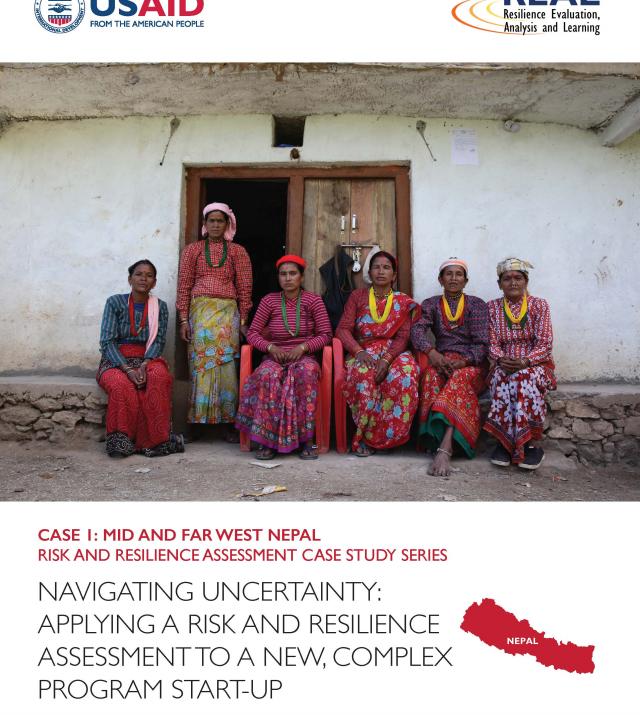
Household Resilience during Conflict: Qualitative Comparative Analysis for the Case of Syria

The resilience of individuals, households, and communities to humanitarian crises such as conflict and natural disaster represents a growing field of interest amongst academics and humanitarian practitioners. Substantial progress has been made in the understanding of resilience, and how to detect and capture its multiple and complex dimensions. Typically, resilience has been measured predominantly through probabilistic methods using regression analysis to identify statistical relationships between independent variables and various well-being outcomes. More recently, qualitative methods have been used to measure resilience.
This paper contributes to the dialogue on methodological options by exploring the utility of applying Qualitative Comparative Analysis using fuzzy sets (fsQCA) for understanding complex causality and the conditions that support resilience in humanitarian contexts. This study uses secondary data collected from a 2017 Mercy Corps study on how Syrians cope with conflict and adapt their lives and livelihoods amidst the Syrian civil war.
The intended audience for this paper is primarily those engaged in research in development and humanitarian settings. This paper is meant to highlight the strengths and weaknesses of fsQCA and encourage its audience to explore the expansion of their methodological toolboxes for researching complex social phenomena. This paper also offers humanitarian and development practitioners a new approach to analyzing, interpreting, and applying research results to their programming.

